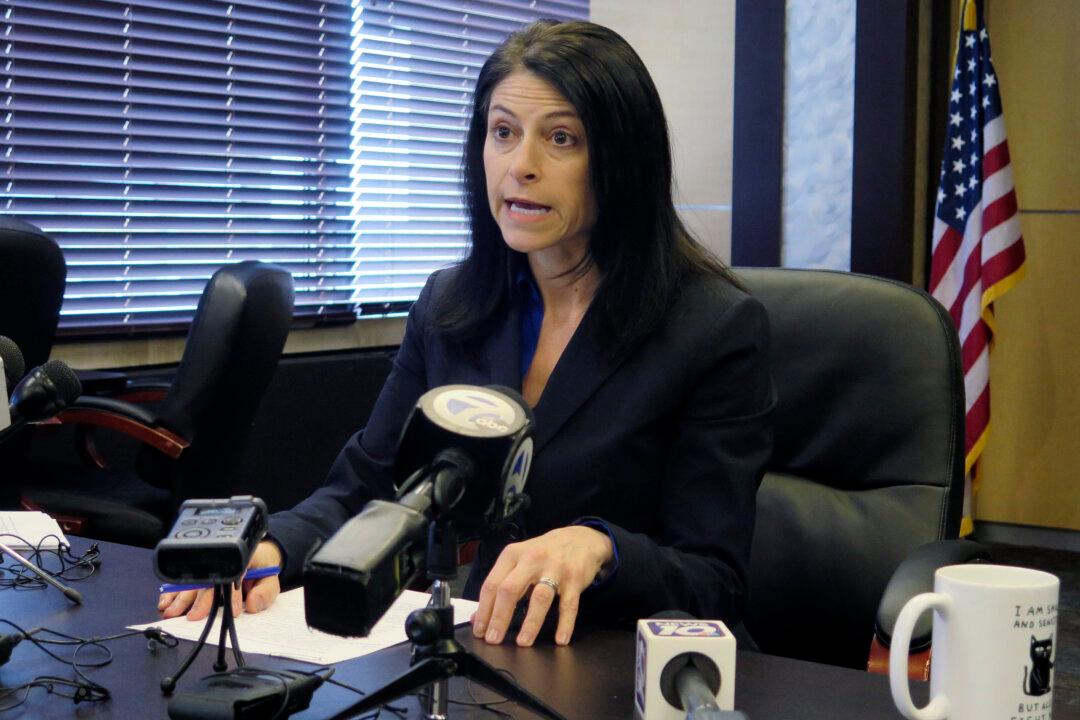Michigan Attorney General Dana Nessel has joined a coalition of 18 attorneys general in opposing Florida’s Parental Rights in Education law that prohibits teachers from discussing issues of gender and sexuality with children in kindergarten through third grade.
The Florida Parental Rights in Education Act, also known as House Bill (HB) 1557, requires district school boards to adopt procedures that comply with certain provisions of law for notifying a student’s parent of specified information. The act, which was signed into law in March 2022, requires that the procedures reinforce parents’ “fundamental right” to make decisions about the upbringing and control of their children. The law also blocks school districts from adopting procedures that prohibit school district personnel from notifying a student’s parent about specified infractions.





